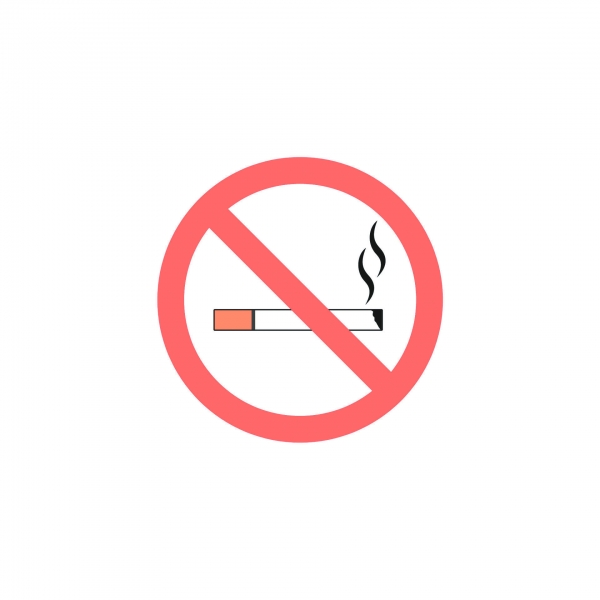
On April 16, local time, the United Kingdom passed a tobacco and e-cigarette bill to create a smoke-free generation by a vote of 383 in favor and 67 against.
According to the bill proposed by the government to create a “smoke-free generation,” the legal age to purchase tobacco will be increased by one year annually, meaning that individuals born on or after Jan. 1, 2009 (currently 15 years old) will never be able to buy tobacco in the UK legally. This measure effectively prohibits the sale of tobacco to anyone below a certain age.
The bill also includes provisions that ban disposable e-cigarettes and restrict appealing scents, packaging, and sales methods that might attract young people. Retailers who sell tobacco to underage individuals will face an on-the-spot fine of 100 pounds (approximately 170,000 KRW).
The government aims to implement this system by 2027. British Prime Minister Rishi Sunak emphasized that four out of five smokers start smoking before the age of 20 and stated that the legislation of this law could save many lives. By creating a non-smoking generation, projections say that 47,000 cases of heart disease and lung cancer will have been prevented by the end of the 21st century. According to authorities, smokers constitute about 13% of the UK population, which is equivalent to 6.4 million people. Furthermore, 80,000 people die annually from smoking-related diseases. Despite it being illegal for those under 18 to purchase e-cigarettes, approximately 20% of minors have reportedly tried vaping.
Previously in 2022, New Zealand had introduced a similar bill to ban the sale of tobacco to individuals born after 2008, but it was repealed earlier this year due to concerns about tax revenue shortfalls and infringements on personal freedoms.
The main opposition Labour Party supports the bill, but libertarian members within the ruling Conservative Party have expressed their disapproval, arguing that it is an infringement upon individual freedoms. Kemi Badenoch, the Minister for Business, argued that the law contradicts the principles of equality and will shift the burden of law enforcement onto private businesses.
Amid mixed support and opposition, the ongoing debate seems necessary over whether it is justifiable for the state to limit personal freedoms for the sake of public health.


